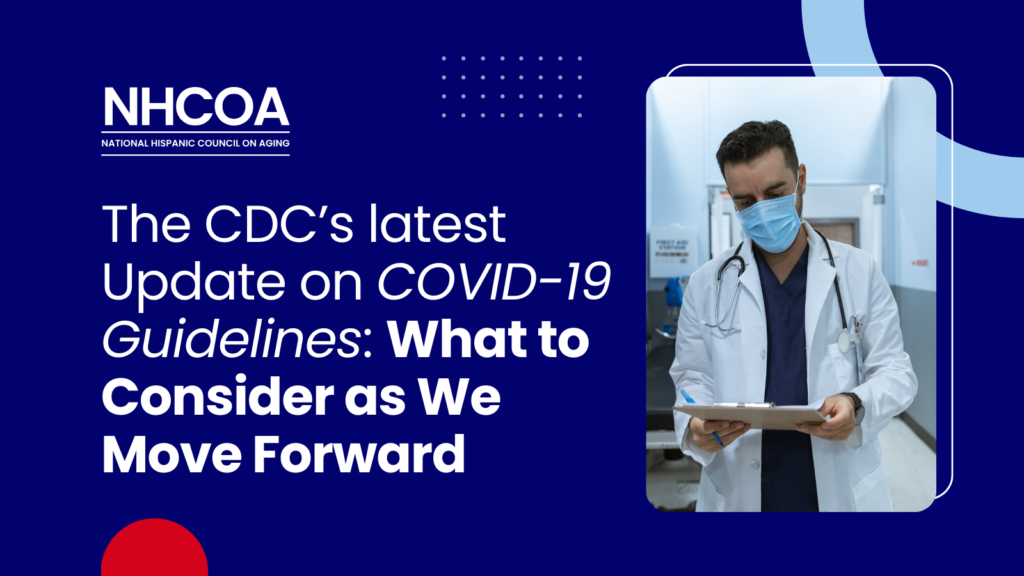
On March 1st 2024, the Centers for Disease Control (CDC) issued an update to their recommendations on the protection and management of COVID-19: a 5-day isolation period is no longer recommended for individuals who have tested positive. Instead, if you test positive for COVID-19, the CDC now recommends you to isolate only until you feel well again and have gone 24 hours without a fever.
For some, this update may feel exciting and like the COVID-19 threat is less dangerous, but that’s not the case. In fact, these updates simply reflect the CDC’s intention to bring more attention to respiratory diseases all together. According to the CDC Director, Dr. Mandy Cohen, there are now less hospitalizations and deaths due to COVID-19, and more that are due to other respiratory diseases like influenza and RSV (respiratory syncytial virus).
It’s true that prevention of COVID-19 has come a long way. With updated vaccinations and improved treatments, the risk of illness from COVID-19 has decreased, but this should not be taken as reason to take it less seriously. We must still consider those of us who are at higher risk for COVID-19 illness, like older adults and those who are considered immunocompromised. We have a responsibility to consider their well-being, and not just our own convenience.
The CDC still recommends that for the 5 days that you would have isolated, you should still take responsible measures for the health of others, such as:
- Social distancing
- Wearing a well-fitted mask
- Enhanced hygiene practices, such as frequently washing your hands
- Finding out-door, open-air spaces when possible
The CDC reminds us that these “precautions are especially important to protect those most at risk for severe illness, including those over 65 and people with weakened immune systems.” They also state that older adults are 9 times more likely to die due to COVID-19 than people who are 18 to 39 years old.
Additionally, the World Health Organization also recommends taking the measures described by the CDC to ensure the safety of others in the case of a positive test result. However when it comes to self-isolation, WHO still recommends a 10-day period beginning when your symptoms first appeared.
We at NHCOA know too well that the needs disadvantaged people like older adults and the immune-compromised, are not always considered when it comes rules and guidelines meant for the general public. We encourage everyone to consider these people: our loved ones, our coworkers, our community members— they all deserve to be prioritized over the possible convenience of a shorter isolation period.
Sources:
“Respiratory Viruses and Older Adults,” Respiratory Guidance. The Centers for Disease Control and Prevention. https://www.cdc.gov/respiratory-viruses/risk-factors/older-adults.html
“CDC Updates and Simplifies Respiratory Virus Recommendations,” CDC Newsroom Releases. The Centers for Disease Control and Prevention. https://www.cdc.gov/media/releases/2024/p0301-respiratory-virus.html
Edwards, Erika. “CDC Updates Covid Isolation Guidelines for People Who Test Positive,” Health News. NBC News. https://www.nbcnews.com/health/health-news/covid-isolation-guidelines-cdc-positive-cases-updated-rcna141317
“Advice for the Public,” Coronavirus Disease (COVID-19). World Health Organization. https://www.who.int/emergencies/diseases/novel-coronavirus-2019/advice-for-public

Recent Comments